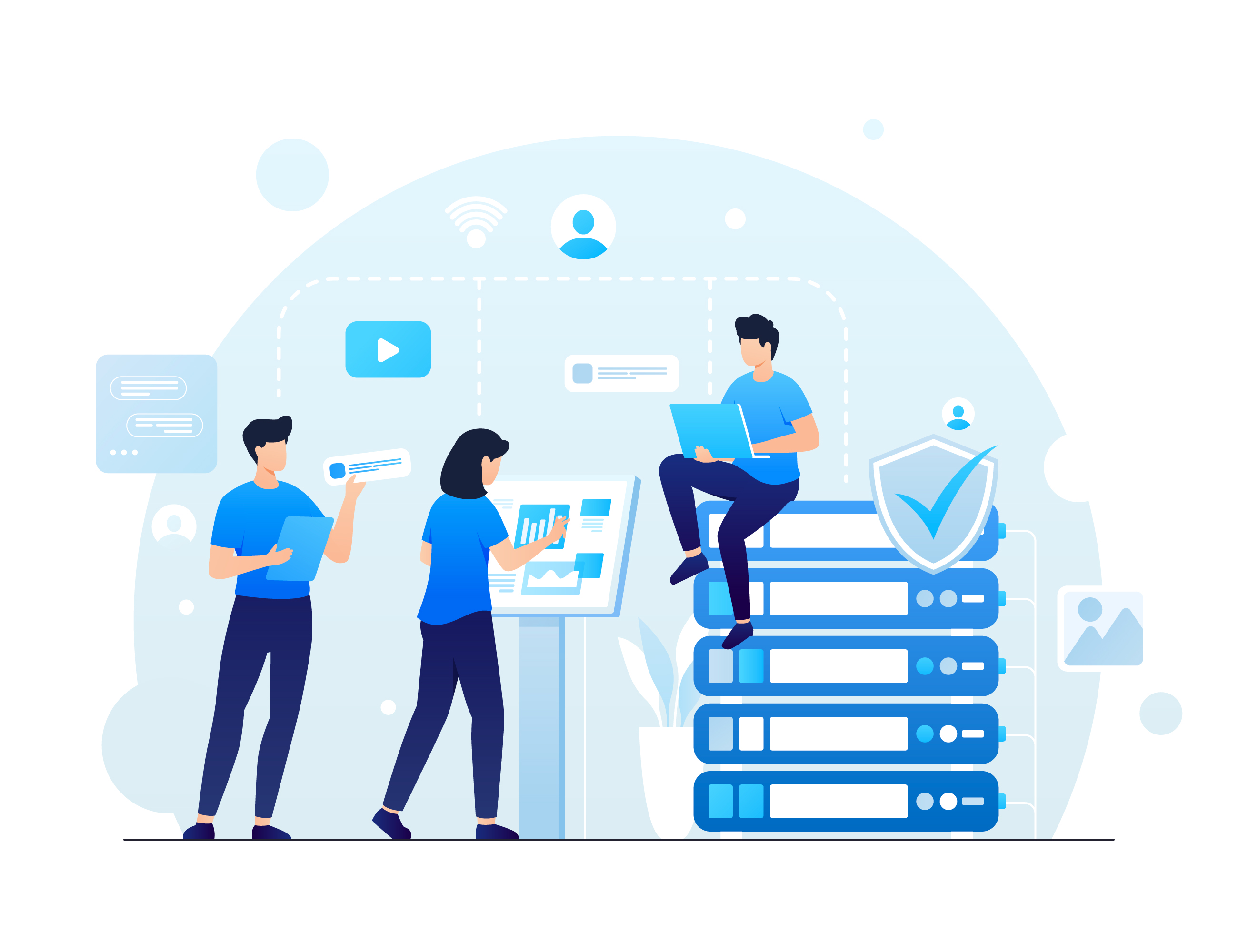Information Technology Service Management
Information Technology Service Management (ITSM) refers to the set of practices, processes, and policies adopted by an organization to design, deliver, manage, and continuously improve information technology (IT) services provided to both internal and external stakeholders. The primary goal of ITSM is to align IT services with the business objectives and ensure that IT operations are efficient, effective, and supportive of organizational goals.

We are Specialize in hiring the below-mentioned skills.
- • Proficiency in using ITSM tools such as ServiceNow, Jira Service Desk, BMC Remedy, and others.
- • Ability to navigate and utilize features within these tools for incident management, change management, and other ITSM processes.
- • Understanding of change management processes, including the assessment and approval of changes.
- • Knowledge of change management tools and their application in controlling and tracking changes.
- • Expertise in handling incident tickets, categorizing issues, and prioritizing responses.
- • Root cause analysis skills to identify and resolve problems leading to incidents.
• Proactively identifying and addressing the root causes of recurring incidents.
• Managing the lifecycle of IT assets to optimize resources and costs.
- • Knowledge of configuration management databases (CMDB) and their role in ITSM.
- • Experience in maintaining and updating configuration items and relationships.
• Planning and implementing strategies for IT service continuity in case of disasters.
- • Ability to define and measure service level agreements (SLAs) to ensure service quality.
- • Monitoring and reporting skills related to SLA compliance.
- • Skills in capturing, organizing, and sharing knowledge within the organization.
- • Familiarity with knowledge management tools and platforms.
- • Knowledge of automation tools to streamline repetitive tasks in ITSM processes.
- • Ability to create and implement orchestration workflows for improved efficiency
- • Understanding of security considerations in ITSM, including access controls and data protection.
- • Awareness of regulatory compliance requirements relevant to IT services.
- • Familiarity with various IT infrastructure components such as servers, networks, and storage.
- • Understanding of how changes in IT services impact the overall infrastructure.
- • Proficiency in using monitoring tools to track the performance and availability of IT services.
- • Ability to set up alerts and respond to potential issues proactively.
- • Knowledge of the ITIL framework and its processes, including service strategy, design, transition, operation, and continual service improvement.
- • Skills in generating and analyzing service reports for performance evaluation.
- • Ability to derive insights from data to enhance service delivery.












